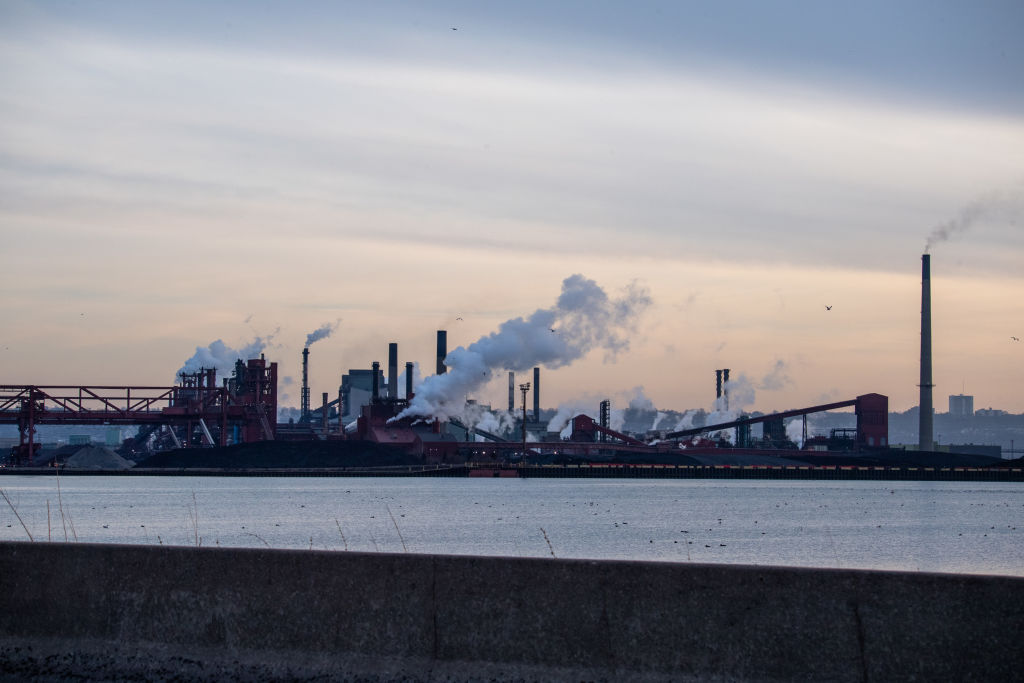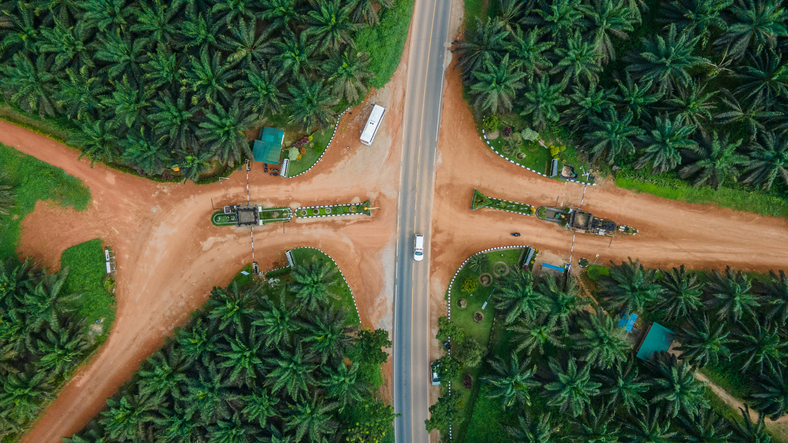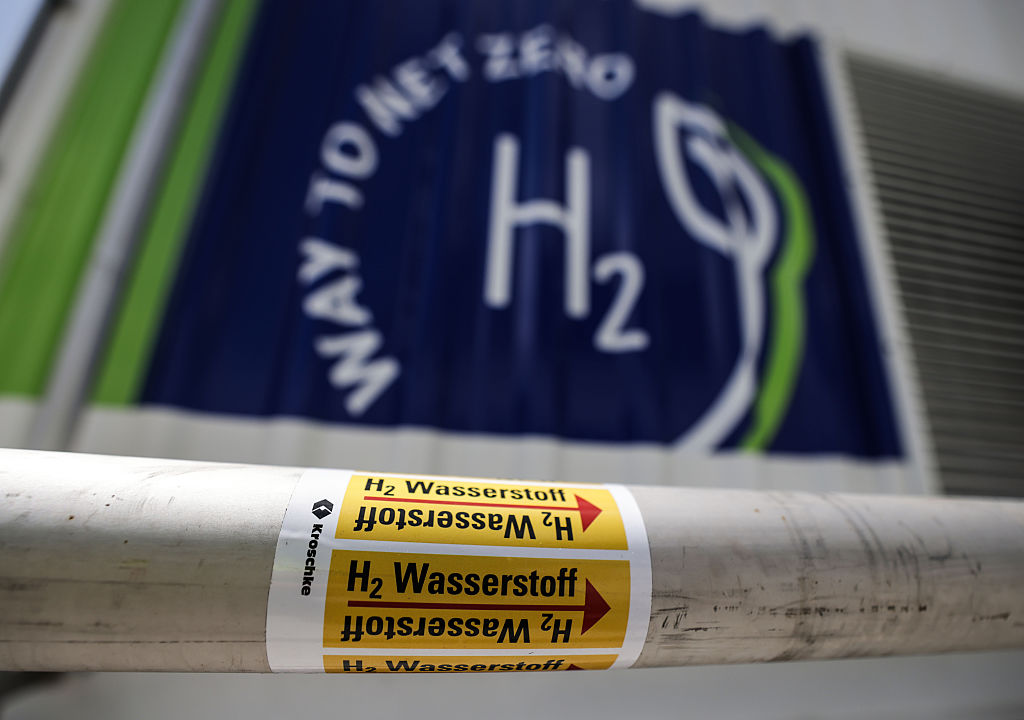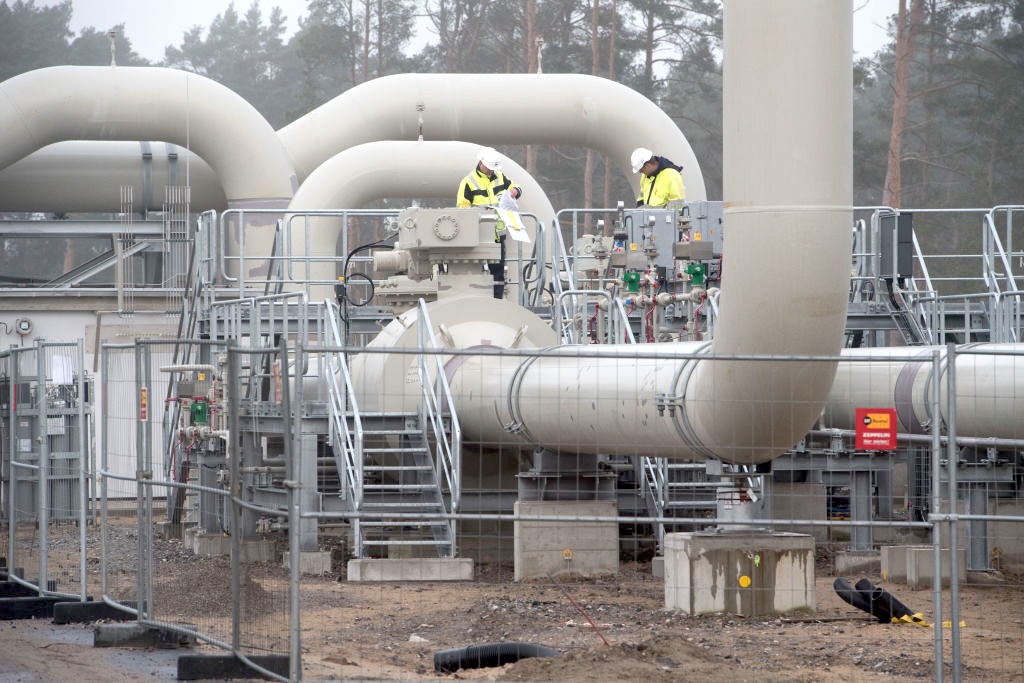Climate activists lose human rights case over Norway oil and gas drilling
NGOs relieved at recognition of need to assess climate impact of new projects

The European Court of Human Rights has cleared Norway of violating its citizens’ constitutional rights in a case dating back to the award of oil and gas exploration licences in 2016.
The ruling on Tuesday, brings to a close nearly a decade of litigation by Greenpeace Nordic, Young Friends of the Earth Norway, and a group of Norwegian youths, who turned to the Strasbourg court after having their legal challenge rejected by Norway’s supreme court.
They had argued that the Ministry of Petroleum and Energy had violated their right to private and family life under the European Convention on Human Rights (ECHR).
“While the processes leading to the 2016 decision had not been fully comprehensive and, in particular, the assessment of the activity’s climate impacts had been deferred, there was no indication that deferring such an assessment had been inherently insufficient to support the State’s guarantees of respect for private and family life,” the court said in a statement accompanying its ruling.
Reasons for optimism?
The outcome stands in stark contrast to a 2024 judgment in favour of a group of Swiss pensioners, who successfully argued that Switzerland’s failure to contribute its fair share to global climate action violated the same article of the convention by exposing them to the health impacts of heatwaves and other extreme weather.
It also comes in the wake of a July opinion from the UN’s International Court of Justice, which held that parties to the Paris Agreement are bound not only by the treaty itself, but also by wider human rights law when acting to limit global temperature rise.
Despite losing the case, the NGOs involved tried to put a positive spin on the ruling, noting the court’s position that a comprehensive assessment of the climate impact of petroleum projects – including emissions linked to the combustion of the fuel – is required. Such an assessment was not carried out for some of the contested licences.
The human rights court agreed with the applicants that “a widespread use of such a waiver could indeed circumvent and, in reality, completely undermine” the purpose of climate impact assessments as a means of protecting the right under the ECHR to health, well-being, and quality of life.
“It’s a relief to see the court recognise what science has told us for years — that new oil and gas fields threaten our most basic human rights,” said Greenpeace Norway director Frode Pleym.
(rh, aw)









